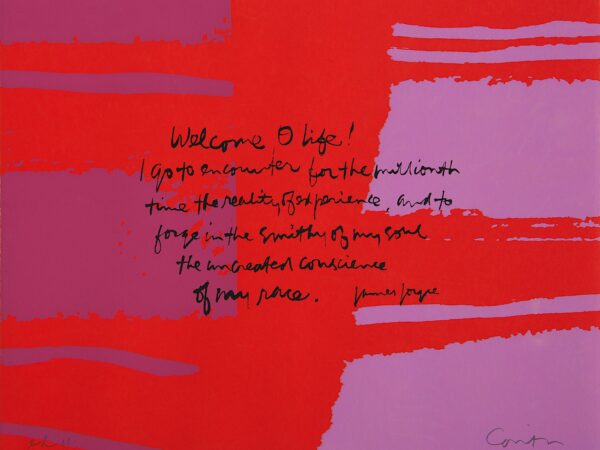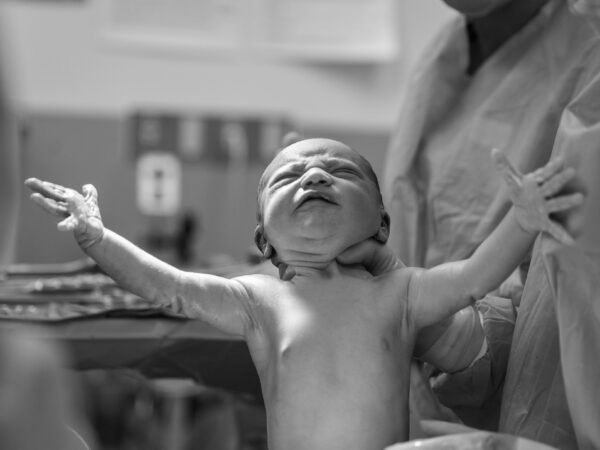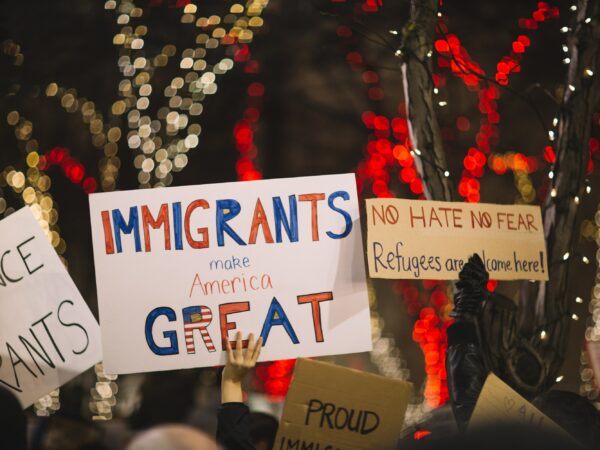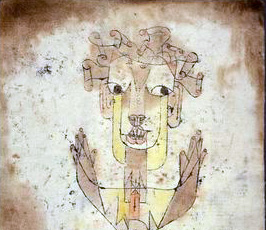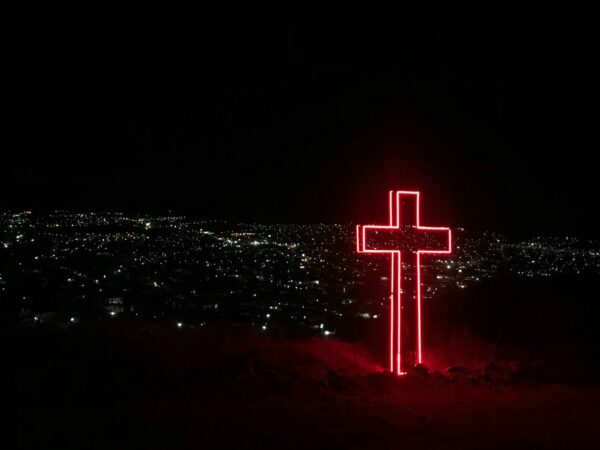
Despite her rejection of Catholicism as irredeemably patriarchal, this essay explores Mary Daly’s complicated relationship with her theological past. Daly offers a vision for “boundary living” — where institutional disaffiliation creates a space for creatively reclaiming and reconstructing the tradition.
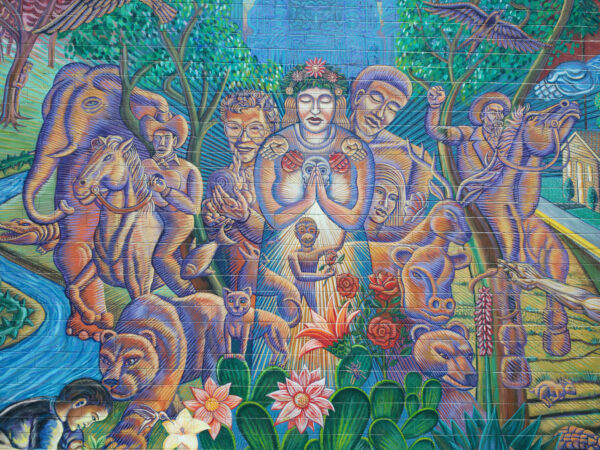
For several Latina writers, apocalypse as both revelation and catastrophe appears as an unavoidable framework that echoes across time, a framework shaping the past and future whose ultimacy must also be upended. Apocalypses large and small continue, but not all truths are disclosed equally and some endings—and the meanings they should yield—are abrupt but never ultimate.

For Afropessimism, the World is the katechōn, rather than a particular institution within it. The language of the katechōn as the “restraining power” facilitates how the structure of anti-Blackness is not only a structure of domination and gratuitous violence, but also the foreclosure of a more radical mode of what Wilderson calls gratuitous freedom—which is precisely freedom from the World.
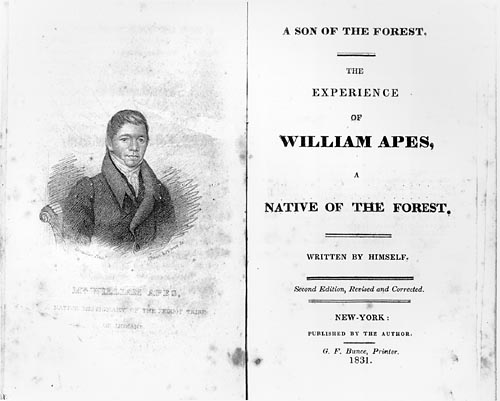
William Apess, like Walter Benjamin a century later, sought to shift the paradigms of society with history and theology as orienting poles for colonial critique. Anticipating Benjamin, Apess looked to those who had been wrecked by the advance of colonialism as the grounding site for historical and political theological inquiry.
